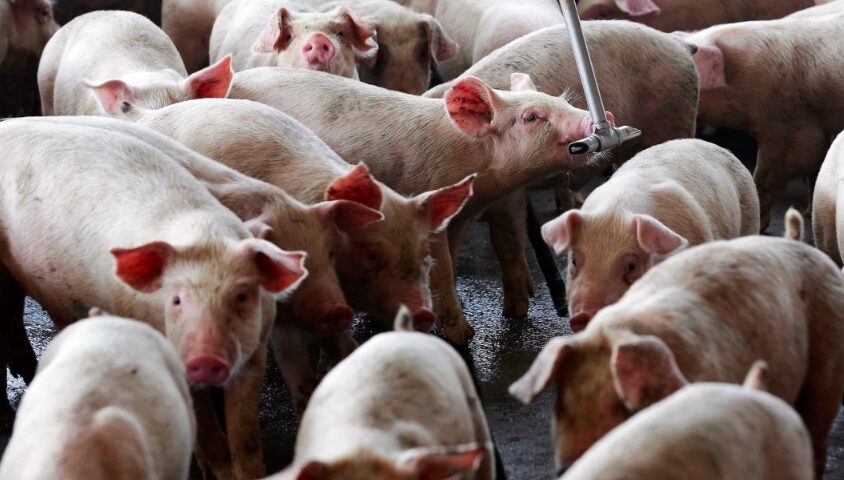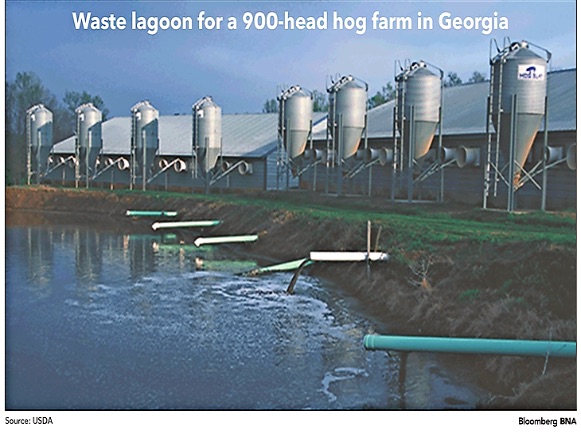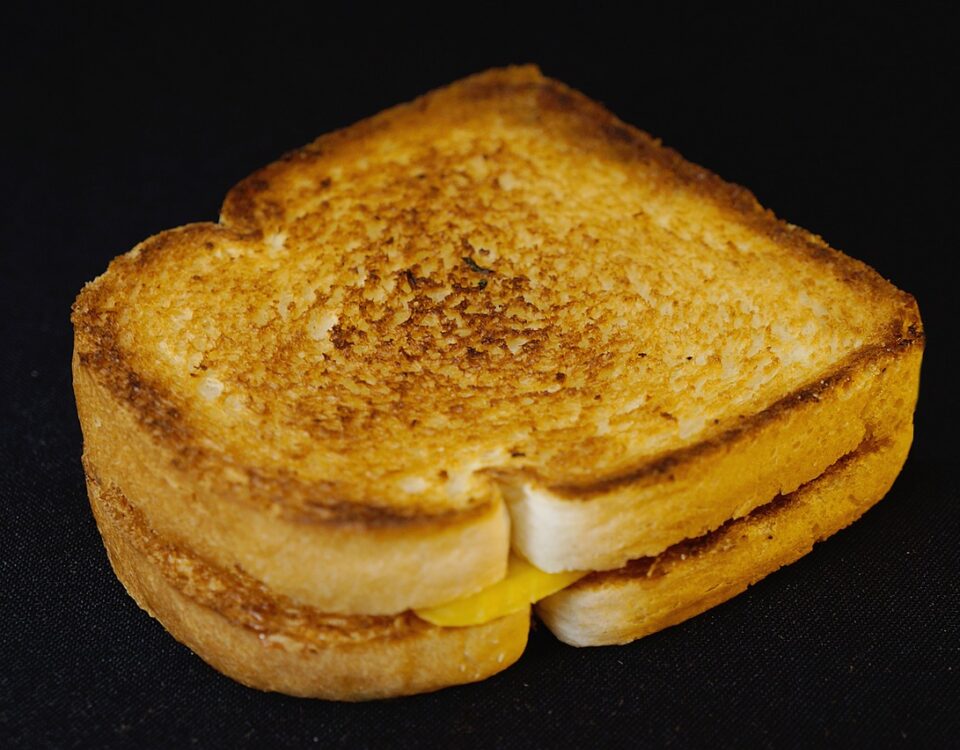
How Certain Central Bankers Became More Friendly
May 30, 2018
The Real Reason a Springsteen Ticket is Pricey
June 1, 2018Mother Jones called it Law and Odor.
The law comes from a North Carolina court that is deciding if you can sue to stop a smell. So far the answer is yes and a $50 million fine that got reduced to $3 million.
In 1610, the answer was yes also. More than 400 years ago, an English Court told a hog farmer to remove his pigs. Establishing a neighbor’s right to “wholesome air,” the decision echos the North Carolina case.
Where are we going? To municipal regulations.
Manure Lagoons
We could call North Carolina hog country. Starting with two million hogs during the early 1990s, now there are nine million. According to the USDA, they rank #2 in the U.S. for the value of their hog and pig sales.
The problem is the hogs that live indoors. Because their waste winds up outdoors in lagoons where the manure and urine ferment and become fertilizer, it smells terrible. While North Carolina has said no more new lagoons, still the old ones are legal.
According to one couple, the smell of a lagoon from a neighboring hog farm is giving them coughs and teary eyes. Because of the smell, their “ability to enjoy family gatherings, barbecues, outdoor chores, playing with children outside, and doing yardwork” has disappeared.
Responding, their hog farm neighbor says smell control will be prohibitively expensive and put him out of business. Furthermore, farmers ask if turkeys and chickens will be next. Their point? Farming can be smelly.
But there is more of a dilemma for the state. In addition to feed mills and company owned farms, the multinational firm Smithfield Foods runs one of the world’s largest pork processing plants in North Carolina. In Missouri, Smithfield agreed to mitigate smells. No one in North Carolina has insisted.
Our Bottom Line: Pigovian Taxes
First described by British economist Arthur Pigou (1877-1959), a tax levied on a good or service that creates a negative externality has a dual benefit. It diminishes how much we use the item that harms us (the negative externality) while raising revenue that a community can use productively.
Where does that leave us? We can return to law and odor and ask what the law owes all of us when it comes to the wholesome air first regulated in that 1610 case. Perhaps it owes us a Pigovian tax.
My sources and more: Once I started to look, the articles on farm smells seemed endless. I started with this WSJ article, found more facts in the LA Times, and then read a fascinating but dated MotherJones (my “law and odor” source) piece. As for the law, Bloomberg is one possibility as well as the Modern Farmer. At econlife we have already discussed the smells coming from a California Sriracha plant.
Please note that we published our Pigou section in a past econlife.
![econlifelogotrademarkedwebsitelogo[1]](/wp-content/uploads/2024/05/econlifelogotrademarkedwebsitelogo1.png#100878)





